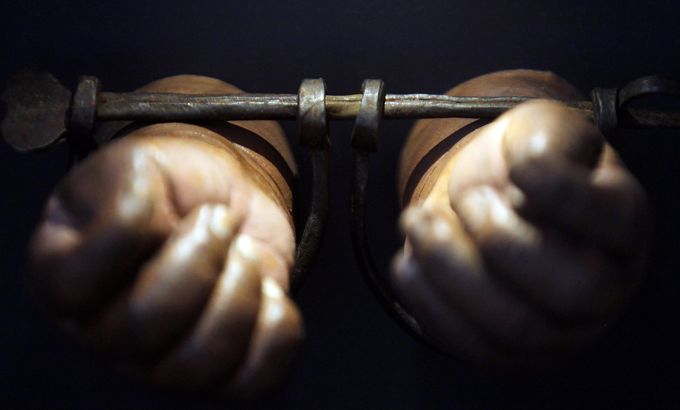
Slavery reparations: Is money the answer?
We examine the legality of Caribbean leaders’ plan to sue European nations for problems stemming from slavery.
Caribbean leaders met in St Vincent on Monday to discuss a landmark legal claim to sue Britain and seven countries in Europe for problems which they say can be traced back to the slave trade.
The European states targeted are Britain, France, Spain, Portugal, the Netherlands, Norway, Sweden and Denmark.
The leaders have adopted a 10-point plan demanding, among other things, European aid in strengthening the region’s public health, and educational and cultural institutions such as museums and research centres. The plan also seeks debt cancellation and an apology from former colonisers.
Caricom, as the political grouping of 15 Caribbean countries is known, announced in July that it intended to seek reparations for slavery and the genocide of native peoples. They created the Caribbean Reparations Commission to push the issue and present their recommendations to political leaders.
The idea of the countries that benefited from slavery paying some form of reparations has been a decades-long quest but only recently has it gained serious momentum in the Caribbean.
But is monetary reparation the answer?
Presenter: Mike Hanna
Guests: Richard Stein: partner at Leigh Day, the firm representing the Caribbean states
Aidan McQuade: director of Anti-Slavery International
Kevin Bales: professor of contemporary slavery, Wilberforce Institute for the Study of Slavery and Emancipation at the University of Hull